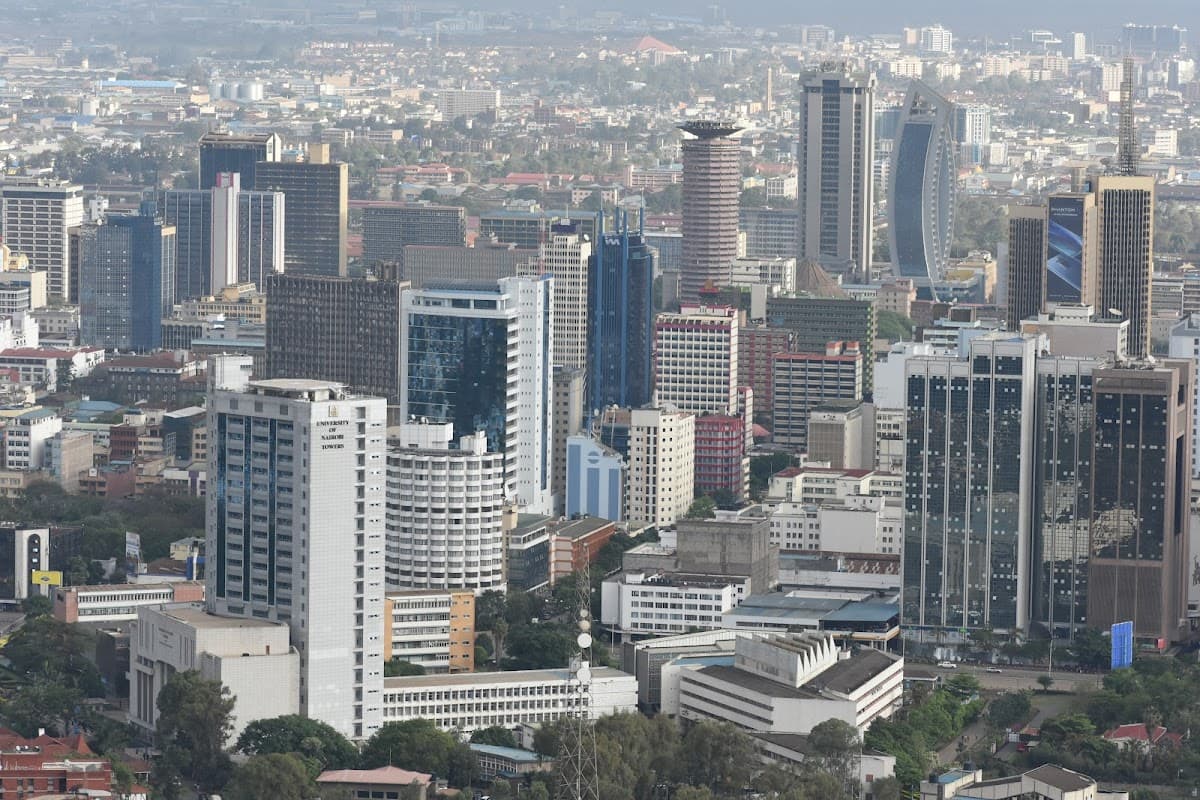Kenya’s capital, Nairobi, has established itself as Africa’s “Silicon Savannah,” attracting talent and investors from across the globe. This performance has positioned East Africa as a prominent region for venture capital, attracting a network of angel investors and venture capitalists, showing confidence in the startup scene.
In 2024, 134 investors participated in equity and debt funding rounds in Kenya. Startups raised $638 million, surpassing startup powerhouses like Nigeria and South Africa.
Since 2019, Kenya has seen significant growth in funding, particularly directed to climate tech initiatives. Although the country accounts for only 4% of the continent’s Gross Domestic Product (GDP) and total population, it raised over 29% of Africa’s $2.2 billion total startup funding and 33% of East Africa’s funding.
However, Kenya has now lost its top spot as the leading venture capital investment destination in Africa to South Africa.
A new report by the African market intelligence firm Stears, covering the first three months of this year, places Kenya in position two, having attracted Sh45.5 billion.
This represents 22 per cent of the total transactions received on the continent in the period under review.
On the other hand, South Africa attracted Sh51.7 billion out of the $1.6 billion (Sh206.9 billion) total funding that was channelled to the continent.
As of the end of 2024, Kenya was Africa's leading investment hub, securing a staggering $638 million (Sh82.5 billion) in venture capital for the entire year, representing 29 per cent of the continent's total funding.
The influx of investment during the year highlighted Kenya's thriving tech and investment environment, particularly in sectors like hospitality, healthcare and technology.
The country's diverse population, coupled with partnerships between local and diaspora entrepreneurs, was also noted to have been instrumental in attracting foreign investment.
The Q1 2025 Stears Private Capital in Africa Report, compiled in collaboration with the East Africa Venture Capital Association (EAVCA), further reveals a sharp decline in total investment inflows across the continent during the three months.
The African private capital market began 2025 robustly, with the survey recording 105 transactions in Q1 2025, broadly consistent with the 106 transactions seen in Q4 2024 and significantly higher than the 88 transactions recorded in Q1 2024.
Despite this sustained transactional momentum, disclosed transaction values dipped to $1.6 billion (Sh206.9 billion), a sharp decline from $4.7 billion (Sh607.9 billion) in the previous quarter and below the $2.9 billion recorded in Q1 2024.
Notably, the reduction occurred even as disclosure rates improved slightly to 62 per cent from 58 per cent in Q4 2024 and 59 per cent in Q1 2024.
“The drop in transaction value primarily reflects a shift in deal size composition, with investors moving away from mega transactions, valued above $75 million (Sh9.7 billion), towards more moderately sized large deals, ranging from $25 million (Sh3.2 billion) to $75 million,” the report reads.

In contrast to the decline in mega transactions, there was a marked increase in large deals valued between $25 million and $75 million.
These deals filled the funding gap and were driven largely by strategic project financings and Series B funding rounds.
The three months saw equity financing continue to dominate the landscape in Africa, featuring in 79 per cent of all transactions, an increase from 73 per cent in Q4 2024.
This underscores investors’ ongoing preference for equity-based structures during the period.
Meanwhile, local institutional investors in East Africa, particularly pension funds and insurers, continued to show limited participation in private equity.
Kenya’s pension sector, which controls over $13 billion, is said to allocate less than one per cent to private equity, far below the 10 per cent regulatory limit.
Sector-wise, financial services led with 30 per cent of transactions, doubling its share from the previous quarter.
The top three sectors, financial services, consumer goods & services, and technology, accounted for 73 per cent of all deals, up from 55 per cent in Q4 2024.
Financial Services transactions led sector activity, accounting for 30 per cent of transactions, doubling from 15 per cent in the previous quarter.

Venture capital is a form of private equity financing provided by firms or funds to startups, early-stage, and emerging companies that have been deemed to have high growth potential.
For private equity and venture capital investors into African businesses, getting out of the investment with a good return is one of the key challenges. Typically private equity in Africa has been about growth – investing in a great business, providing equity and debt capital, and supporting a star management team with skills and strategic management, supporting good governance and better financial reporting (making it more attractive to other investors), and sometimes helping the company expand to neighbouring countries and new markets.
African entrepreneurs are developing a multi-regional presence across the continent by expanding their businesses directly and organically into new markets or by using mergers and acquisitions (M&A) as a vehicle for gradual regional growth.
Looking at Kenya's venture capital market, if the previous year's venture capital funding statistics are anything to go by, we can undoubtedly anticipate more growth for the industry in the future. The ecosystem might inevitably be affected by the changing economic tides, however with agility and continuous support from the government, the future is anything but bleak.







